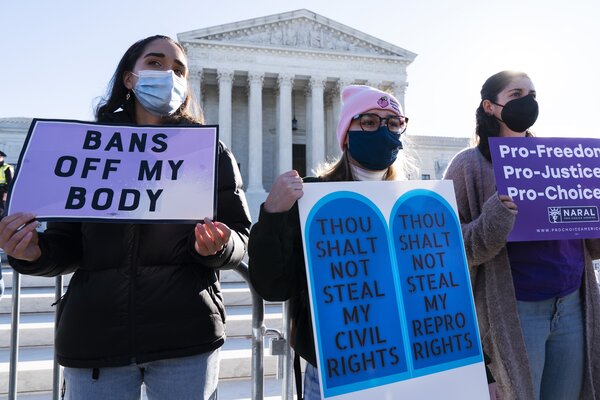 The Council on American-Islamic Relations (CAIR) today released the results of a national survey indicating that Muslim voters are civically engaged, remain well integrated in American society and are politically active. Although most are still undecided on their pick for the next president, nearly 80 percent said they would vote in the primaries.
The Council on American-Islamic Relations (CAIR) today released the results of a national survey indicating that Muslim voters are civically engaged, remain well integrated in American society and are politically active. Although most are still undecided on their pick for the next president, nearly 80 percent said they would vote in the primaries.
The survey, commissioned by the Washington-based Islamic civil rights and advocacy group, asked 1,000 registered Muslim voters about their demographic profiles, political views and levels of social integration. Respondents were randomly drawn from a pool of some 400,000 registered Muslim voters. The poll has a margin of error of plus or minus three percent.
The survey’s results show a family-oriented, highly-educated and diverse group of voters who condemn terrorism and believe anti-Americanism in the Muslim world is a serious problem.
The poll also shows that the more devout Muslim voters are also those who are most likely to believe that Islam and modernity are compatible.
Respondents were asked which issues will most influence their vote. Education was the top pick indicated by 89 percent, followed by civil rights (86 percent), health care policy (85 percent) and the economy (85 percent).
“Our survey shows that most Muslim voters are still undecided on their preferred presidential candidate, yet are politically engaged and extremely likely to vote,” said CAIR spokeswoman Amina Rubin. “This means that a potential bloc of Muslim swing voters in several battleground states is ready to support a candidate who will commit to acting on issues that concern America’s Muslims.”
CAIR’s survey also indicated that many Muslim voters are concentrated in 10 states: California, 19 percent; New York, 13 percent; Illinois, 10 percent; Texas, 9 percent; Virginia, 7 percent; Michigan, 6 percent; Florida, 6 percent; Maryland, 5 percent; Pennsylvania, 4 percent; and Ohio, 3 percent.
The full results of CAIR’s survey may be viewed here.






